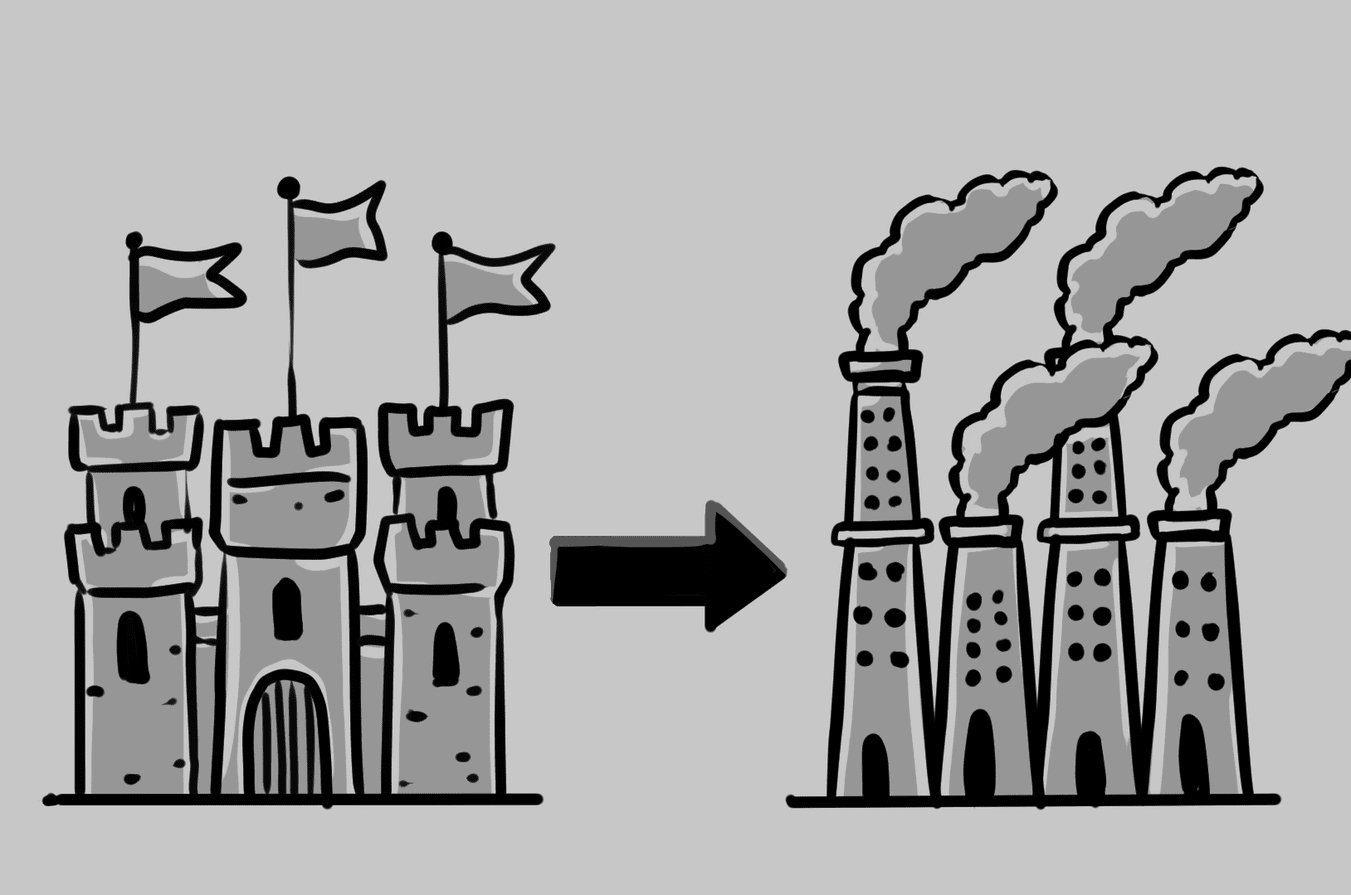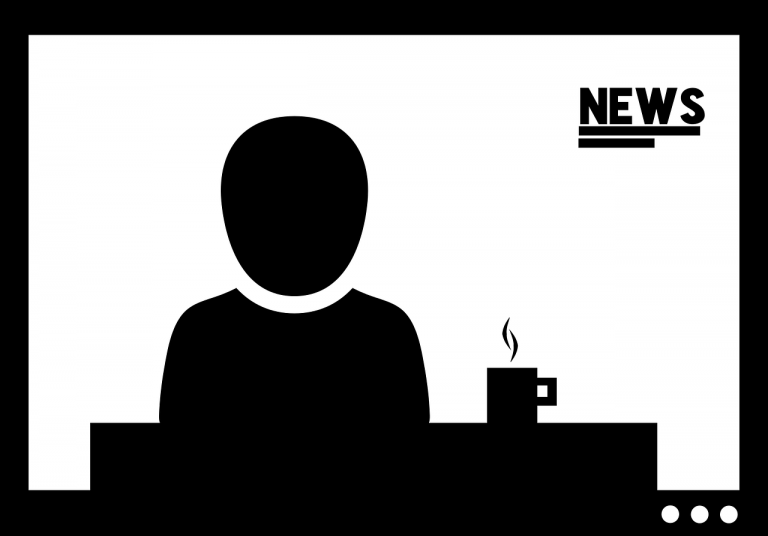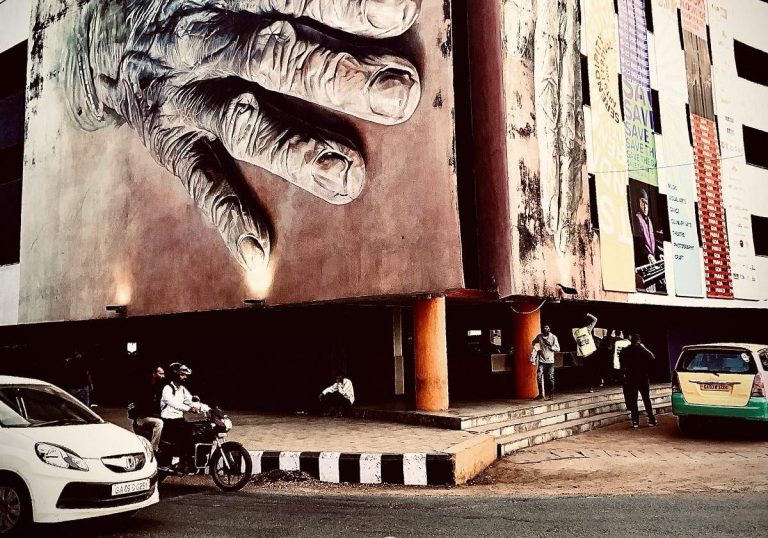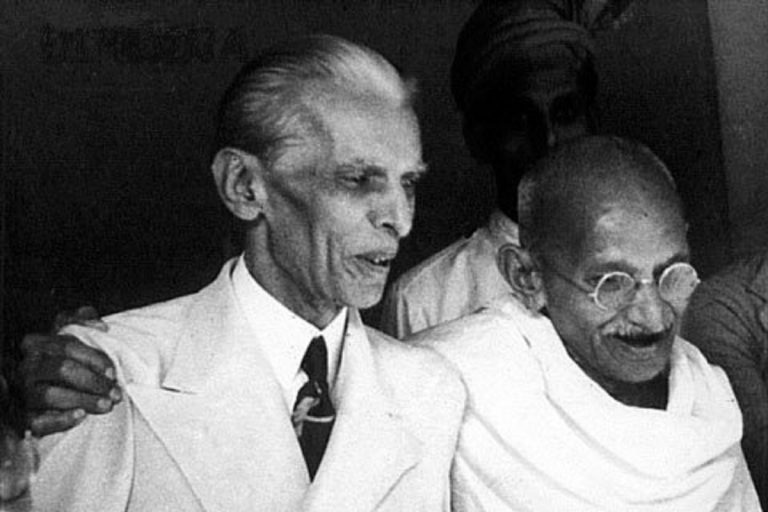Capitalism and the pursuit of freedom

Ishika Seal is a public policy professional currently set to work with the Punjab Government as part of District Development Fellowship. She has previously reported for organizations like NDTV and The Citizen.
Social and economic policies are tangible manifestations of the moral and spiritual perspectives the society holds dear to them. They are representations of the lexicons of morality that serve as the principle guiding values that dictate the ‘inherent’ nature of human beings. The transition from the feudal to the capitalist signaled a shift and a reprioritization of social values. It was argued that this age epitomized the ‘virtue of selfishness’. Atomized individuals whose actions were governed with sheer self-interest became the bastions of capitalism. This era was marked by the ‘animal spirits’ of the capitalist and rested on the principles of ‘survival of the fittest’. The human ecosystem only had a space for the bourgeoisie as Marx would argue; hence the proletariat had to seize the means of production. The vicious cycle of poverty systematically marginalizes the poor, depriving them of basic benefits while the rich continue to prosper.
Free Market fundamentalism gives way to a certain kind of selected blindness that invisibilizes the plight of the oppressed. This manifests itself while studying the inequality index or in instances of understanding the disparity between wage earners and those who own capital. While markets thrive, technology and innovation reach its pinnacle; the premise of the system continues unchallenged. The nature of freedom is therefore contingent on access to material gains, and in a democracy our elected representatives hold the mantle of ensuring that citizens despite the incidence of birth, have equality of opportunity. To what effect, this is implemented, despite constitutional safeguards instituting fundamental rights can be called to question. It is important to bear in mind that an exercise in the attainment of the principles of freedom lies in the rejection of the idea of a reductive singular truth, because it is in the acknowledgement of difference and diversity that the understanding of a more compassionate society is curated.
Yochai Benkler in his study challenges the notion that selfishness is the primal human instinct and analyzes multiple instances where human beings have adopted a more cooperative and collaborative approach. The COVID 19 pandemic has not just exposed the underlying socio-economic fractures of our society but has also seen civil society through organizations and NGOs lead from the forefront take ownership to reach out to those in aid.
One must also realize that it is often critical to look beyond narrow self-interest. The pandemic fostered a sense of togetherness during the crisis. With education going digital, several universities and digital learning platforms like Coursera and Udemy began offering free online courses. The changing narratives around patents and the rise of open source like Apache can be reckoned as the harbingers of equity. Creation of SHGs and community-based businesses have challenged the basis of the triumph of selfishness. In India, Asha and Anganwadi workers are fighting the pandemic from the frontlines, however recently over 600k workers went on strike over regularization of wages and payment of dues during the past months. Thus, instances of interconnectivity and co dependence can be seen, however the determination of everyday realities as a direct consequence of class and caste realities can not be ignored.
Karl Polanyi classifies freedom into two broad types, one for good and the other for evil. The latter is a consequence of exploitation and often active third-party harm. The notion of absolute freedom is troubled by constraints that both the society and the judiciary impose on individuals in order to ensure that freedom is granted to all and is not just a consequence of capital- social, political or economic.For instance, while article 19 of the Universal Declaration of Human Rights internationally as well as our fundamental right of free speech under Article 19, Section (1)(A) guarantees fundamental rights nationally, they are all subjected to anti hate laws, preventing relentless bloodthirsty political and/or communal agenda. Regulation and control are thus critical to a more inclusive idea of freedom. However as I delve into this idea closely, some questions appear.
With allegations of persistent misuse of laws like Unlawful Activities Prevention Amendment Act (UAPA), has the Indian exercise of nation-building, and unity gone so far that ‘freedom for good’, is now being sacrificed at the behest of regulation and control driven by a majoritarian fascist agenda?
In light of the increasing political prisoners in India, and with it an impending fear of being labeled ‘anti-national’ and forced into a type casted identity of being an ‘ungrateful citizen of our beloved motherland’, as opposed to an individual who is critical of government policy but continues to be patriotic in allegiance towards the nation; are we living in an era of fear and constant surveillance where our democratic rights of free speech are being compromised while members of the ruling party continue to misuse the same? The political opposition, noted members of the intelligentsia through public debates, call to actions to ‘save our democracy’ have forced us to question whether values of freedom of speech remain uncompromised for peddlers of hate speech like Kapil Misra, Anurag Thakur, and Parvesh Verma and those who enjoy political tutelage, yet for those questioning the government are often whimsically held ‘anti-national’ and are taken to court, for their audacity to protest. The forced lockdown has also seen India’s list of political prisoners hopelessly increasing.
But not just political power, economic power also becomes critical to access freedom. In the 1930s, Keynesian understanding of economics helped the USA take steps to tackle the Great Depression effectively. Keynes posits that state structures must play an increased role in building infrastructure and initiating schemes for public welfare. Increased government expenditure and lowered taxes were the ways in which he advocated global demand could be revived. Are Government interventions that are meant to stabilize the economy failing to serve its purpose in India? The pandemic also saw the release of a 267 billion dollar COVID package, yet a paltry 2 billion was dedicated to tackle the health emergency at hand. Moreover, as the country tries to cope with workers being laid off and an estimated 12.2 crore Indians being laid off jobs, the suspension of labour laws during this time of unprecedented crisis is yet another blow for those who donot have access to economic power. Under the garb of attracting business investment, worker’s freedom being further compromised at the behest of profit maximisation are perhaps a testament of social and economic policies that have lacked compassion and the notion of freedom for all.
Hirschman, in his study, evaluates the four arguments that albeit contradictory have formed the moral basis for Capitalism. The Doux Commerce thesis argues that self-interest and the need for economic actualization forms the fundamental basis for social relations that are dictated by cooperation and interdependence. This theory has been challenged by the self-destruction thesis that argues that capitalism breeds a culture that ultimately depletes the values that the market itself is functioning on. This is followed by the feudal shackles thesis that argues that the remnants of the deeply hierarchical feudal systems have caused the consistent degradation of capitalism which is arguably one that grants for others a theory of liberation, followed by a feudal blessings thesis that argues that lack of feudal values have caused the failure of capitalism as the tyranny of the majority is a consequence of the lack of diversity caused by the absence of a feudal past.
These views largely have presented a view that the excesses of capitalism need to be curtailed and the economic system must be re imagined with values that are more progressive, liberal and grant freedom, equality, and democracy to individuals.
The erroneous unforgiving nature of the excesses of capitalism has forced scholars to imagine ways of taming the same and public policy analysts to impose restrictions on an unbridled reign of the free market. Eric Collin Wright presents a four- fold classification where he argues that capitalism can be tamed through government intervention as seen in cases of subsidies and progressive taxation systems, it can be eroded through changing and targeting the fundamental premise of capitalism and reimagining the idea of business through the lens of micro social as is seen in the case of SHGs. These he argues are the ways in which the real utopia can be achieved. He posits two other ways, firstly that of escaping capitalism like tribes who voluntarily adopt a simpler community driven life outside the world of market economics. An interesting example of this can be seen in the Auroville village in South India. Auroville is an experimental township where people across caste, class, religion and nationalities visit and live in peace and harmony. Here every working member earns the same living wage. Driven by community values they have created for themselves utopia within the mainland. Finally, the fourth way is devised for those who argue in the favor of completely smashing capitalism. This however in the past have not seen the most lucrative results as was witnessed in the case of China and Russia which have witnessed some of the most barbaric regimes.
It is important thus to seek a more compassionate approach to arrive at more humane, social and economic policies, that respect that freedom cannot be the right accorded to the privileged. The power of uncertainty helps create better solutions as it gives way for a multi-dimensional approach and helps in understanding how different stakeholders approach problems, paying close attention to the wisdom of the ‘commons’- thus always allowing scope for an arguably better solution.
Bibliography
Covid-19: 600k Asha, Anganwadi staff on 2-day strike over payments. (2020). Retrieved 13 August 2020, from https://www.hindustantimes.com/india-news/600k-asha-anganwadi-staff-on-2-day-strike-over-payments/story-s02f8mYsC9kR8mGz6s74ZP.html
Karl Polanyi (1944): Freedom in a complex society’, Chapter 21 in Great Transformation: The Political and economic origins of our time, Beacon express
Coddington, A. (1976). Keynesian Economics: The Search for First Principles. Journal of Economic Literature, 14(4), 1258-1273. Retrieved August 13, 2020, from www.jstor.org/stable/2722548
Albert O Hirsschman (1982)’ ‘’Rival Interpretation of a market society: Civilizing destructive or Feeble?’, Journal of Economic Literature Volume xX ( December 1982) pp 1463-1484
Erin Olin Wright (2015) ‘How to be an anti capitalist today’, Jacobin, February
Diplomat, T. (2020). Is India Missing Its Chance to Learn From the COVID Crisis?. Retrieved 13 August 2020, from https://thediplomat.com/2020/07/is-india-missing-its-chance-to-learn-from-the-covid-crisis/
Data | An Estimated 12.2 Crore Indians Lost Their Jobs During The Coronavirus Lockdown In April: CMIE”. The Hindu, 2020, https://www.thehindu.com/data/data-over-12-crore-indians-lost-their-jobs-during-the-coronavirus-lockdown-in-april/article31520715.ece. Accessed 21 Aug 2020.
Featured Image Credits: Dan Burton on Unsplash









Very Insightful and well researched
Couldn’t understand some bits of the essay.